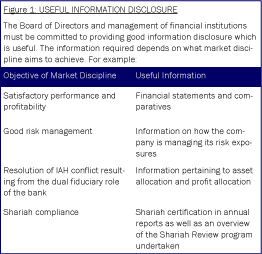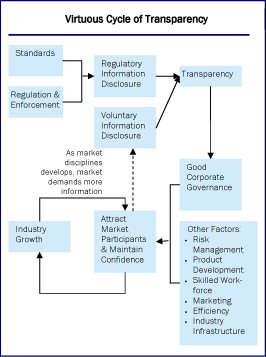The subject of corporate governance in both the conventional world of finance and in the sphere of Islamic banking has reached a level of prominence in recent months. Much has been written, debated and enacted since the late 1990’s and I am certain that the debate will continue well in to the future. As most of you are aware, both the IFSB and AAOIFI are working currently on the issuance of corporate governance standards.
The topic is important as good corporate governance provides a framework for the resolution of issues and conflicts that arise from time to time between the stakeholders of a financial institution. Without doubt, a good corporate governance framework embodies principles of fairness, transparency, accountability and responsibility. These principles are as important to the Islamic banking community as they are to the conventional world. However, Islamic banking, as a nascent industry, does have some unique corporate governance issues that need to be addressed. Indeed, if they are addressed well, then they could act as a catalyst to propel our industry further into the mainstream. I shall now revert to some of these unique features.
Shariah Compliance
The need to comply with Shariah rulings over and above local regulatory requirements
Profit/Loss Sharing (PLS) Business Model
Can lead to difficulty in accommodating a conventional style deposit protection scheme
Dual Fiduciary Role
Profit sharing or risk and reward type contracts such as Mudaraba, result in the bank having to play a fiduciary role for both shareholders as well as the Investment Account Holders (IAH)
Risk Management Issues
Islamic financial contracts, which are typically different in nature and structure from conventional, have different risk implications compared with their conventional counterparts. Moreover, the complexity of understanding Islamic banks, by conventional regulators, can make it difficult to assign appropriate risk weightings. (The March exposure draft on Risk Management from IFSB should do much to provoke the appropriate debate and deepen the understanding around this particular challenge).
1. Application of high quality and internationally recognized standards
With both IFSB, AAOIFI and others, much of the infrastructure is already in place to facilitate the continuing development of international standards and best practices for the Islamic financial services industry
Adoption of these standards by regulators will go a long way to ensuring that Islamic Financial Institutions (IFI’s) operate within a Shariah compliant environment2. Shariah Compliance Review (as suggested in my previous article for this publication – 18th April 2005: Vol.2 Issue 8)
3. Shariah Certification
Consideration should be given to certifying the annual financial statement in addition to the auditors report4. Shariah Advisory Board
Consider instituting transparent and fair policy statements in safeguarding the interests of equity-based depositors. For example, the basis for profit allocation, provisions, reserves and investment policies


In conclusion, good corporate governance will not guarantee the complete elimination of corporate fraud and mis-management, but it will provide investors and other stakeholders with a certain degree of assurance that will increase confidence in the industry. Ultimately, this will serve as a catalyst to further grow the industry and take it well into the mainstream.
David Vicary
Director, Financial Services
Deloitte Consulting Malaysia
[email protected]

